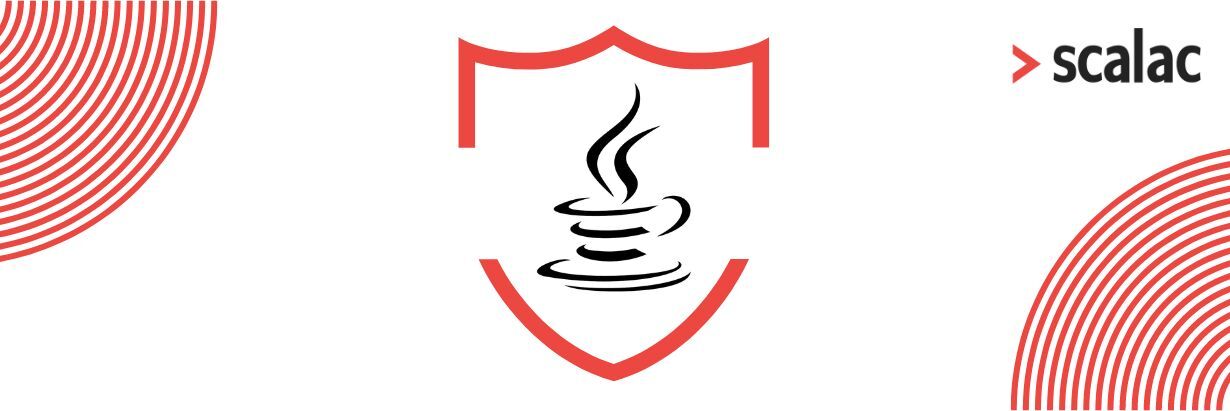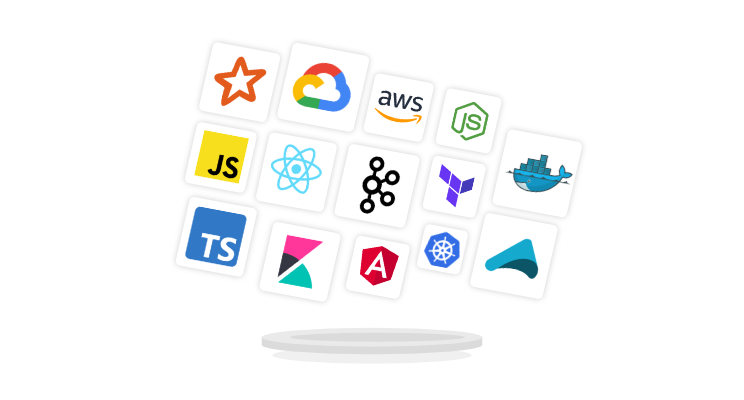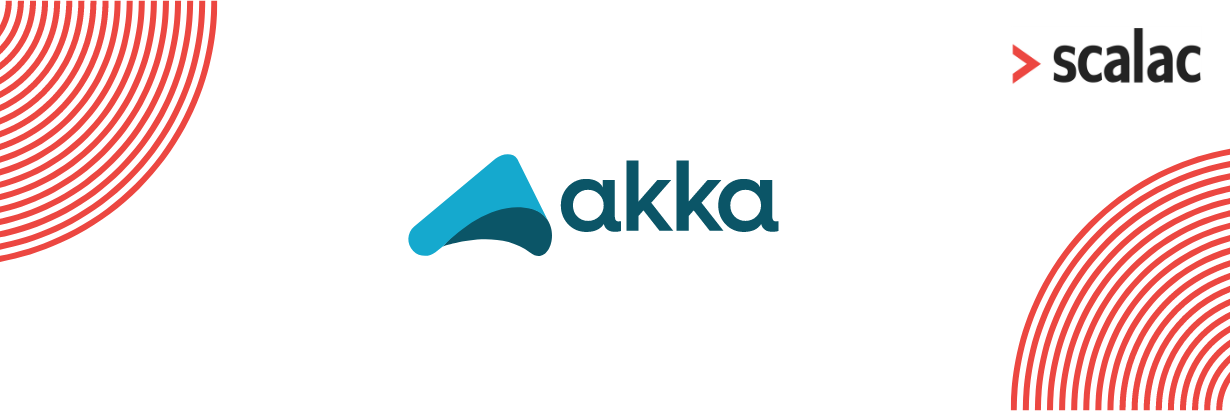
Java outsourcing projects: how to ensure security and compliance.

In today’s world, security and compliance are paramount. A day without news of a data breach is quite rare. When it comes to outsourcing Java projects – one of our specialties – safety should be a priority. With the growing complexity and sophistication of cyber threats, businesses need to make sure that their Java outsourcing practices conform to the highest security standards.
The importance of security in Java outsourcing services
As businesses increasingly rely on outsourced Java projects, it is crucial to ensure that any such undertakings meet rigorous security standards. In this blog post, we explore achieving safety and compliance in Java outsourcing services, all based on our experience.
When outsourcing Java projects, ensuring security involves multiple layers of protection – from secure coding practices to network security. Any business must prioritize these aspects to prevent data breaches and maintain the integrity of their applications. This requires a comprehensive approach that includes…
Secure coding practices
Following secure coding practices is fundamental. This means using well-known frameworks and libraries that are regularly updated to fix known vulnerabilities. For example, following the Java Secure Coding Guidelines can help developers avoid common mistakes that can lead to security issues.
Code reviews and static analysis
Regular code reviews and static analysis tools can identify potential security vulnerabilities early in the development process. Tools like SonarQube and Checkmarx are valuable for scanning codebases and highlighting security flaws.
Encryption and data security
Data security in Java outsourcing services involves encrypting sensitive information both at rest and in transit. Implementing strong encryption protocols, such as AES and TLS, ensures that data remains secure even if intercepted by malicious actors.
Outsourcing Java projects – ensuring compliance
Another critical aspect of Java development outsourcing is ensuring compliance with industry regulations and standards. Failing to comply can lead to hefty penalties and harm a company’s reputation. What are the key compliance issues?
Regulatory frameworks
Different industries have specific rules they need to follow. For example, businesses operating in the EU or handling EU citizens’ data need to strictly protect their data according to GDPR. As for the healthcare sector, HIPAA sets standards for safeguarding sensitive health information. It’s important to understand and follow these regulations carefully.
Regular compliance audits
Conducting regular compliance audits helps ensure that outsourced Java projects remain aligned with relevant regulations. These audits involve reviewing processes, documentation, and security measures to identify and rectify any compliance gaps.
Third-Party compliance certifications:
Outsourcing partners should possess relevant certifications, such as ISO 27001, which show their commitment to information security management. Maintaining such standards provides assurance that the partner follows best practices in data protection and security – for those seeking information on other security frameworks and certifications such as the NIST Cybersecurity Framework (CSF) and ISO/IEC 27032, we have dedicated a comprehensive article about cybersecurity.
Outsourcing Java development: data protection strategies.
Protecting data holds paramount importance within any outsourcing service. Implementing effective data protection strategies is essential – some key approaches include:
Access controls
Enforcing stringent access controls ensures that only authorized personnel from the Java outsourcing partner side can access sensitive data. Role-based access control (RBAC) and multi-factor authentication (MFA) are essential components of a robust access control strategy.
Data masking and anonymization
Data masking and anonymization techniques help protect sensitive information by replacing real data with fictitious but structurally similar data. This approach is particularly useful in development and testing environments.
Data backup and recovery
Regular data backups and comprehensive recovery plans are vital to ensure business continuity in the event of data loss or corruption. Outsourcing partners should provide transparent backup policies and recovery procedures.
Managing security and compliance in remote Java development teams
When a company decides to outsource work, it may involve overseeing teams of developers who work remotely. This comes with various challenges, particularly in maintaining security and compliance. To effectively manage remote development teams, it’s important to implement specific strategies and measures.
Clear communication channels
Creating well-defined communication pathways is crucial for orchestrating security and compliance endeavors. Platforms such as Slack, Microsoft Teams, and Jira play a pivotal role in promoting seamless teamwork, communication and information among remote teams.
Security training and awareness
Regular security training and awareness programs for remote development teams are essential to keeping all team members well-informed about the latest security threats and best practices. Such training covers important topics such as identifying and preventing phishing attacks, recognizing social engineering tactics, and adopting secure coding practices to ensure the overall security of the development process.
Monitoring and incident response
Implementing continuous monitoring and a robust incident response plan is essential for detecting and addressing security incidents promptly. Monitoring tools like Splunk and ELK stack provide real-time visibility into system activities, enabling quick identification of potential threats.
Java outsourcing partner – best practices
Selecting the appropriate outsourcing partner is crucial for maintaining security and compliance. It is important to consider best practices, such as:
Due diligence.
Conducting a comprehensive due diligence process is crucial for evaluating potential outsourcing partners. This involves carefully assessing their security policies, compliance certifications, and track record in successfully managing projects similar to yours.
Service level agreements (SLAs)
Ensure that you establish well-defined service level agreements (SLAs) that clearly outline the expected security and compliance standards. These SLAs should incorporate precise benchmarks for performance, data security, and the time frame for responding to incidents.
Ongoing relationship management:
Regular communication with the team extension partner is important to ensure that both parties are aligned on security and compliance objectives. Holding frequent meetings, conducting progress reviews, and having feedback sessions are essential for staying on track and addressing any potential issues.
Remember, ensuring security and compliance for Java outsourcing services requires a comprehensive approach that involves secure coding practices, adherence to regulatory standards, and effective management of remote teams. By focusing on these areas and selecting the right outsourcing partner, businesses protect their data, avoid regulatory pitfalls, and build secure and compliant Java applications.









